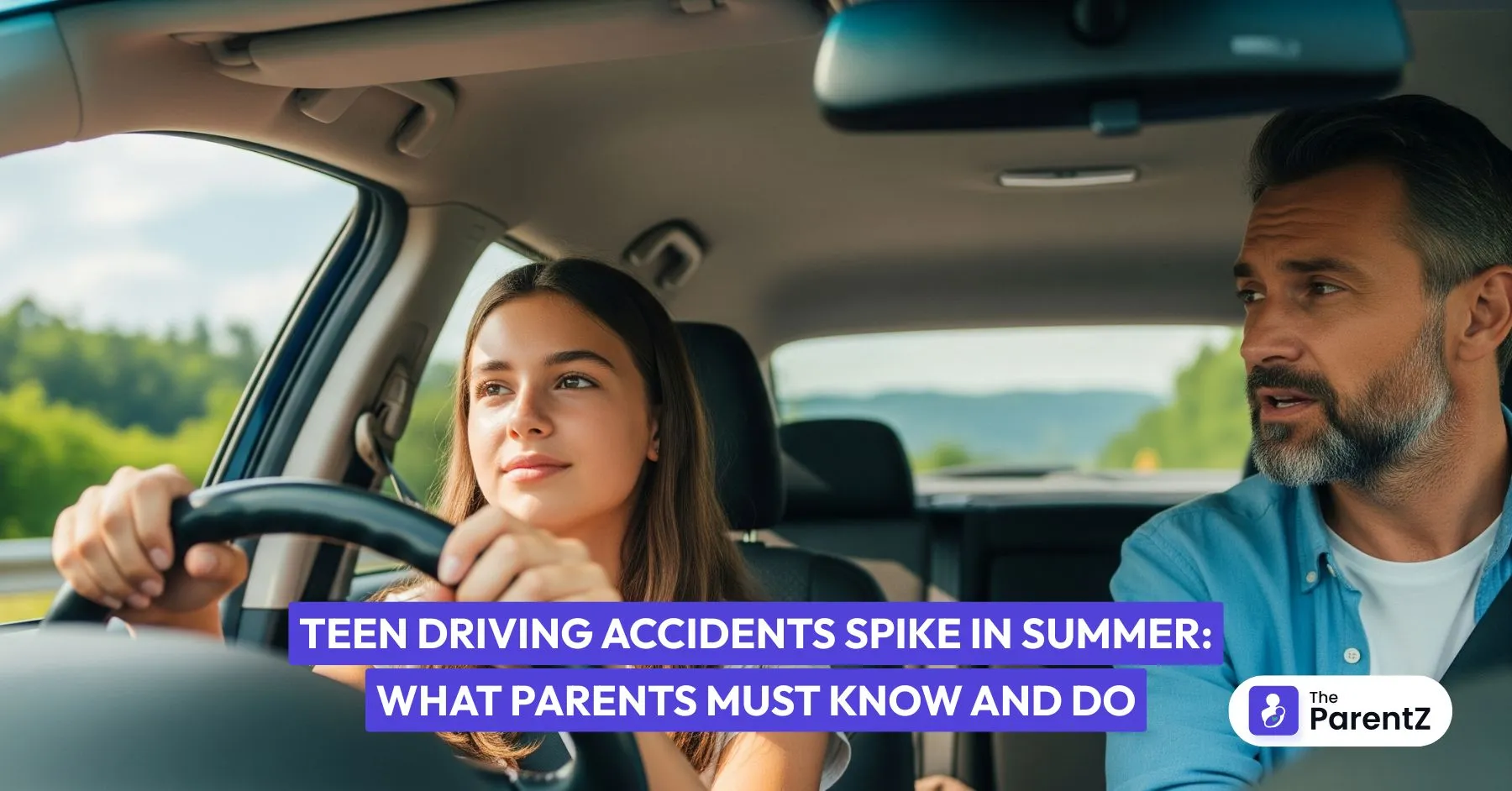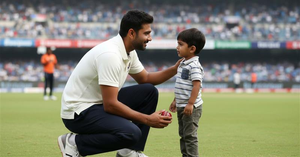Summer is a time most teens look forward to. School's out, the weather’s nice, and there’s a sense of freedom in the air. But there’s something many parents don’t realize. Summer is also the most dangerous time of year for teen drivers.
It may sound surprising, but statistics have shown it for years. More teen driving accidents happen in the summer months than at any other time of the year. It's not just a small increase either — it’s a sharp rise. Let’s talk about why that is and what you, as a parent, can do about it.
Why Is Summer So Risky for Teen Drivers?
There’s not one single reason. It’s a mix of several things that all come together during this time of year. Here’s what really adds to the risk.
- More Free Time: Teens are out of school. That means more time to go out, meet friends, take road trips, or just drive around to pass the time. More driving simply means more chances for something to go wrong.
- More Friends in the Car: During the school year, teens usually drive to school and back. In summer, they’re more likely to pile into a car with friends. But having more passengers can be distracting, especially for new drivers. A conversation, music, laughing, it all takes their focus off the road.
- Driving at Night: Summer means longer hangouts and later nights. Many teens stay out after dark. But driving at night is harder. Visibility drops. People are tired. It becomes more dangerous.
- Risky Roads and Bad Habits: With less traffic enforcement around schools, some teens may feel more relaxed about rules. They may speed, skip signals, or text while driving. On top of that, road trips might take them onto unfamiliar highways, which adds a whole new set of challenges.
- Emotional Highs and Lows: Summer can bring excitement, but also mood swings. Some teens are dealing with pressure, changes, or boredom. Emotions can affect their focus and decision-making on the road.
- Lack of Driving Experience: Teens are still learning. They may not have driven in heavy rain, construction zones, or at high speeds. Summer puts them in situations they haven’t faced before, and without much experience, small mistakes can lead to serious consequences.
What Can Parents Do?
You don’t have to keep your teen off the road all summer. But there are steps you can take to keep them safer.
- Have an Honest Talk: Don’t wait for an accident or close call. Sit down and talk, not in a lecture. Just ask them how they feel about driving. What makes them nervous? What do they find easy or hard? Let them speak. Listen more than you talk.
- Set Clear Rules: You’re still the parent. It’s okay to set limits. You can say no to driving at night, limit how many friends can be in the car, or set curfews. These aren’t punishments. They’re safety tools.
- Practice Together: Take time to drive with them. Let them practice tricky situations like merging on highways or handling bad weather. Talk through it as you go. Make sure they’re not just passing a test; they’re building real skill.
- Talk About Peer Pressure: Teens don’t always speak up when they feel unsafe. Teach them to say no. If friends are being loud or encouraging reckless driving, help them plan what to say or how to pull over safely.
- Use Tech Wisely: There are apps and tools that can track speed, location, or phone use while driving. You don’t need to spy, but if your teen is open to it, these tools can build good habits.
- Set an Example: Teens watch you more than you know. If you’re texting at stoplights or yelling at traffic, they’ll think it’s normal. Show them what good driving looks like, even when you’re in a rush.
Conclusion
Driving is a huge step toward independence. It’s exciting, but it’s also serious. Summer just adds more pressure to it. The best thing you can do is keep the conversation going. Not once. Not just after the license test. Keep checking in. Ask how they feel behind the wheel. Be available without hovering.
They won’t always make perfect choices. But when they know you trust them, support them, and care deeply, they’re more likely to make smart ones.








Be the first one to comment on this story.